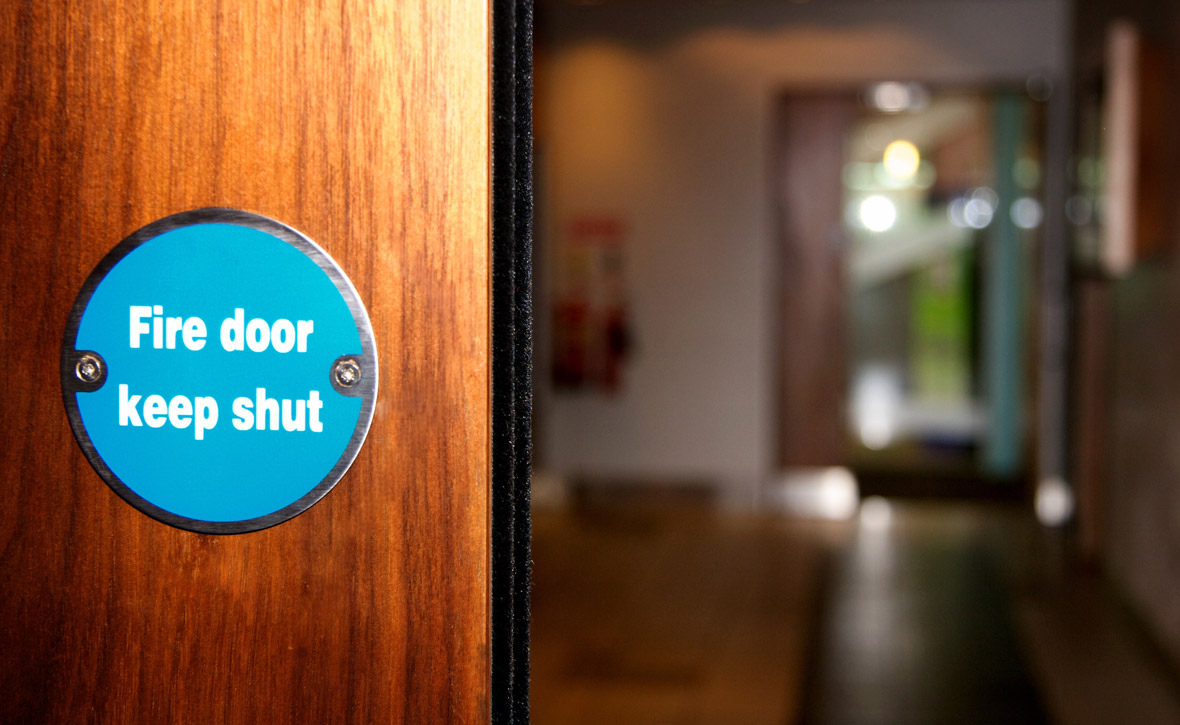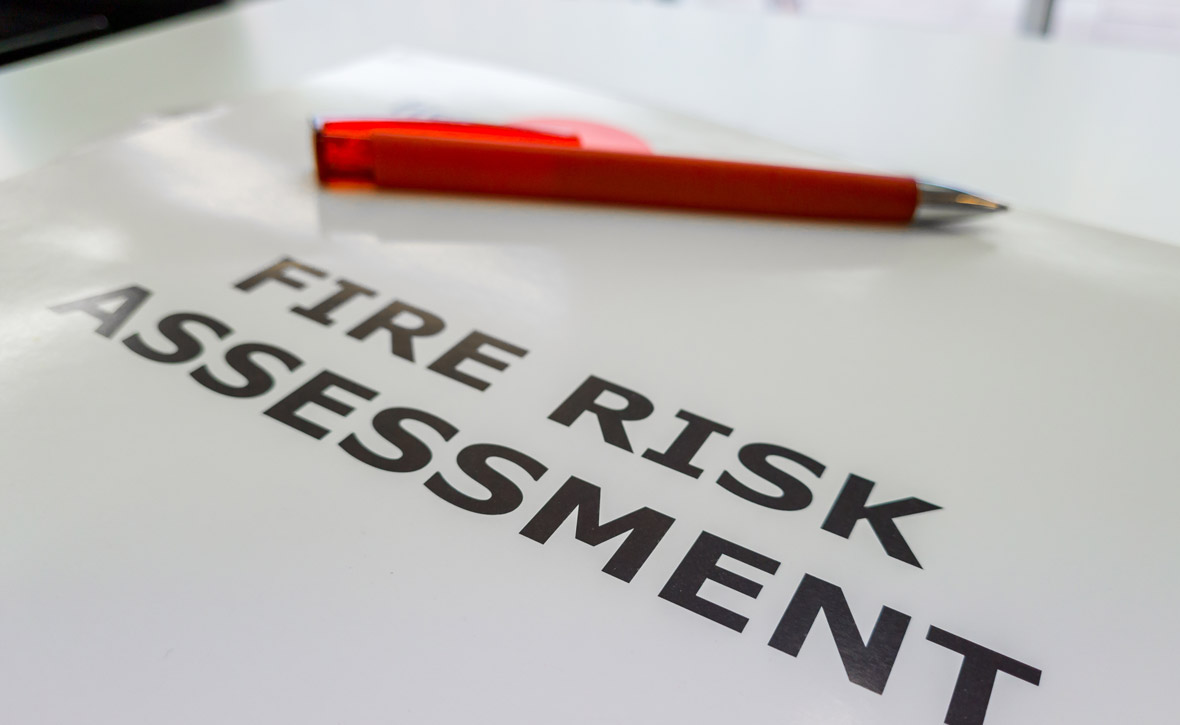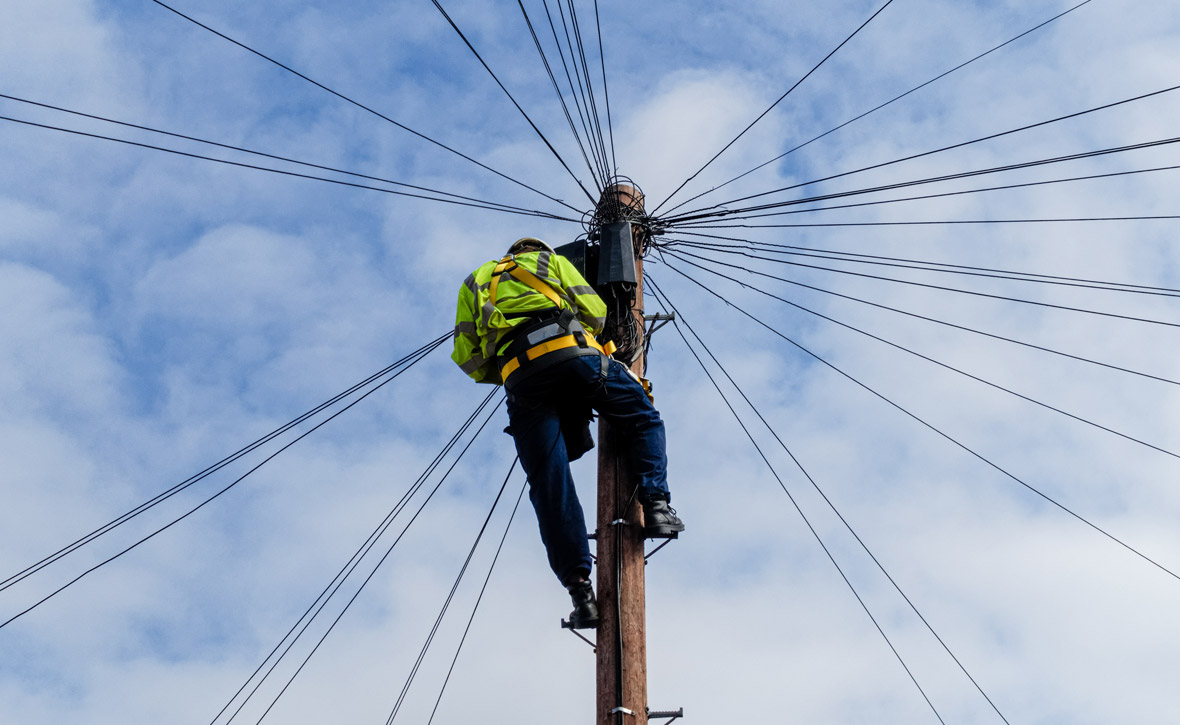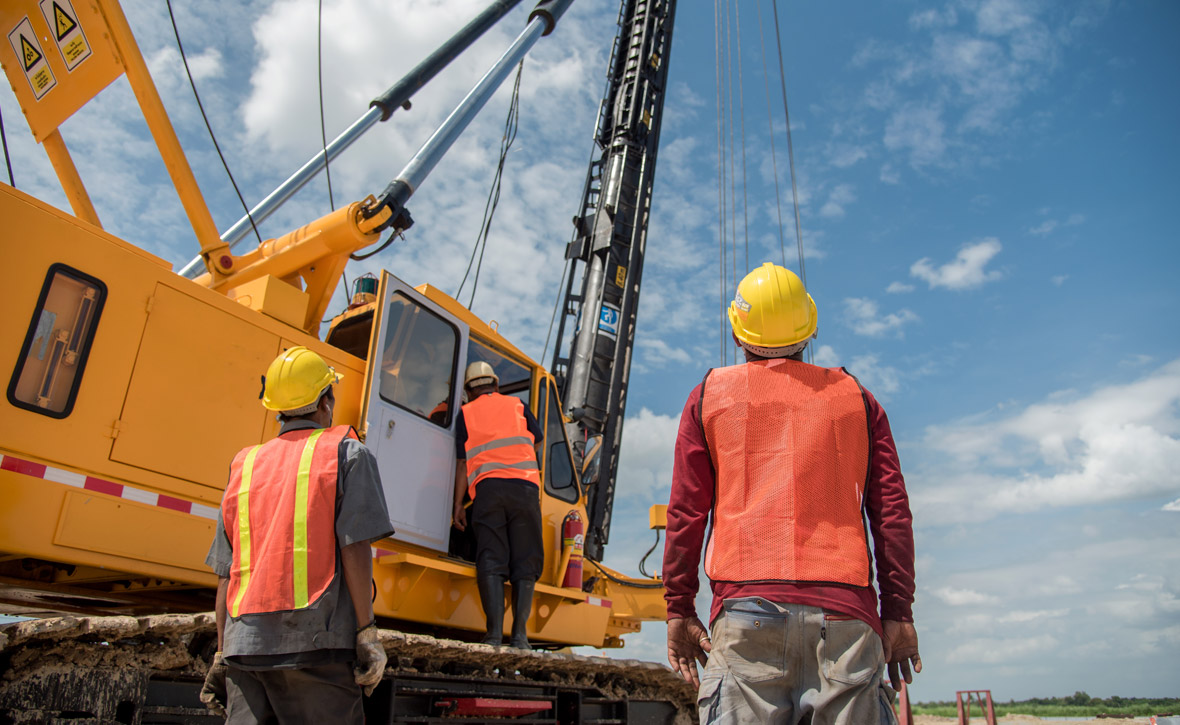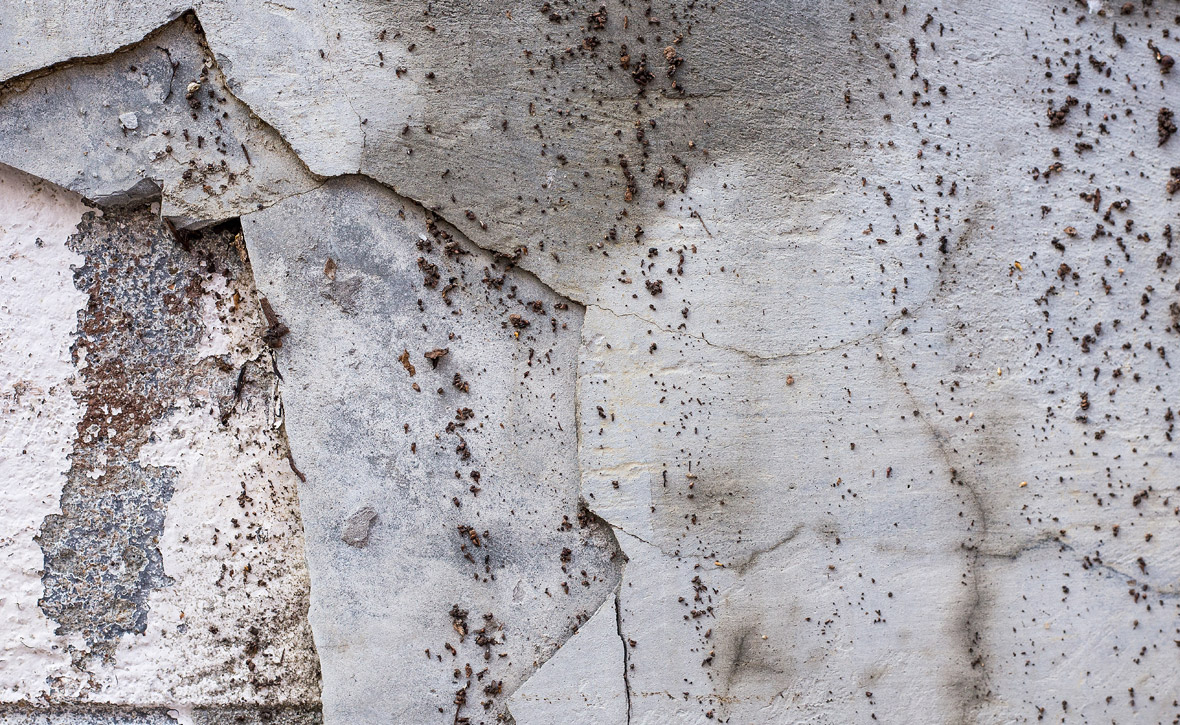September 15, 2023
First remediation order handed down under Building Safety Act 2022
From our colleagues at Barbour EHS.
The first remediation order has been issued under the Building Safety Act 2022. Under Section 123 of the Act, a remediation order is one made by the First-Tier Tribunal on the application of an “interested person” and requiring a “relevant landlord” to remedy specified “relevant defects” in a specified “relevant building” by a specified time.
In the case of Waite and others versus Kedai Limited, Leeds-based Walker Morris LLP reports that a group of leaseholders successfully applied for a remediation order against the freeholder/landlord of the property (ie Block A and Block B at 2-4 Leigham Court Road, Streatham Hill, London SW16) in relation to external cladding and other issues related to cavity barriers and fire stopping.
The First-Tier Tribunal made a remediation order and also ordered (under Section 20C of the Landlord and Tenant Act 1985) that 80% of the landlord’s cost of the proceedings could not be passed on to non-qualifying leaseholders through the service charge (the qualifying leaseholders were protected against payment of any costs by reason of paragraph 9 of Schedule 8 to the Building Safety Act 2022).
Lewis Couth, director of real estate litigation at Walker Morris LLP, stated: “The landlord argued that the burden of proof was on the applicant leaseholders to establish the defects and propose necessary steps to remedy them. The applicants had to establish a prima facie case for the Tribunal to consider a remediation order (that is, that there existed relevant defects causing a building safety risk), but the Tribunal wasn’t concerned with formal burdens of proof.”
It was held that applications of this type involve an evidence-based exercise, led predominantly by inspection reports and expert evidence, but also informed by the Tribunal’s own experience and expertise in building matters and what it saw for itself at an inspection of the property.
Couth continued: “Once the Tribunal determined that relevant defects existed, it was for the Tribunal to make an order to remedy those defects within a specified time. It was held that this is all that the Building Safety Act required.”
Clearly specified result
A remediation order can be made on general terms to achieve a clearly specified result and to remedy the relevant defects at the building. While the remediation order must be sufficiently precise such that the respondent knows what it must do, the Tribunal said, the Building Safety Act is not prescriptive as to the works to remedy the relevant defects. It’s often the case that a broad schedule of works will be sufficient.
“In most cases,” continued Mr Couth, “the preparation of a specification of works will also have to be at the cost of the developer or landlord because leaseholders simply cannot afford to do so. Nor will they have the necessary access to the property in question, nor the appropriate management regime.”
In this case, the Tribunal found that the standard of works must:
- Comply with the Building Regulations applicable at the time the remedial work is carried out.
- At the very least, a post-works fire risk appraisal of external walls conducted under PAS 9980:2022 should not prevent a satisfactory EWS-1 Form from being issued.
The Tribunal (comprising Judge Timothy Powell and Mrs Helen Bowers MRICS) was satisfied that it was able to make an order in respect of timings setting out a specific timescale for remediation to enable the remediation scheme to be designed and for the works themselves to be undertaken.
In conclusion, Mr Couth observed: “In this case, it was said that whether the landlord is seeking to obtain funding or redress from a third party is irrelevant in relation to the exercise of the Tribunal’s jurisdiction.”
FSM
August 2023
Our Comment
This case is the start of what is expected to be an increase in judgements which can support the wider industry in interpreting the range of new legislative requirements which have been introduced in recent years.
Contact
At William Martin, we bring unparalleled health & safety expertise and powerful technology to the table. Whatever your sector and wherever you are, we give you the support you need to keep compliant, strong, and successful.
This content has been produced in association with our sister company, Barbour.
For all enquiries, please contact us or call our team on 0203 819 8829.
